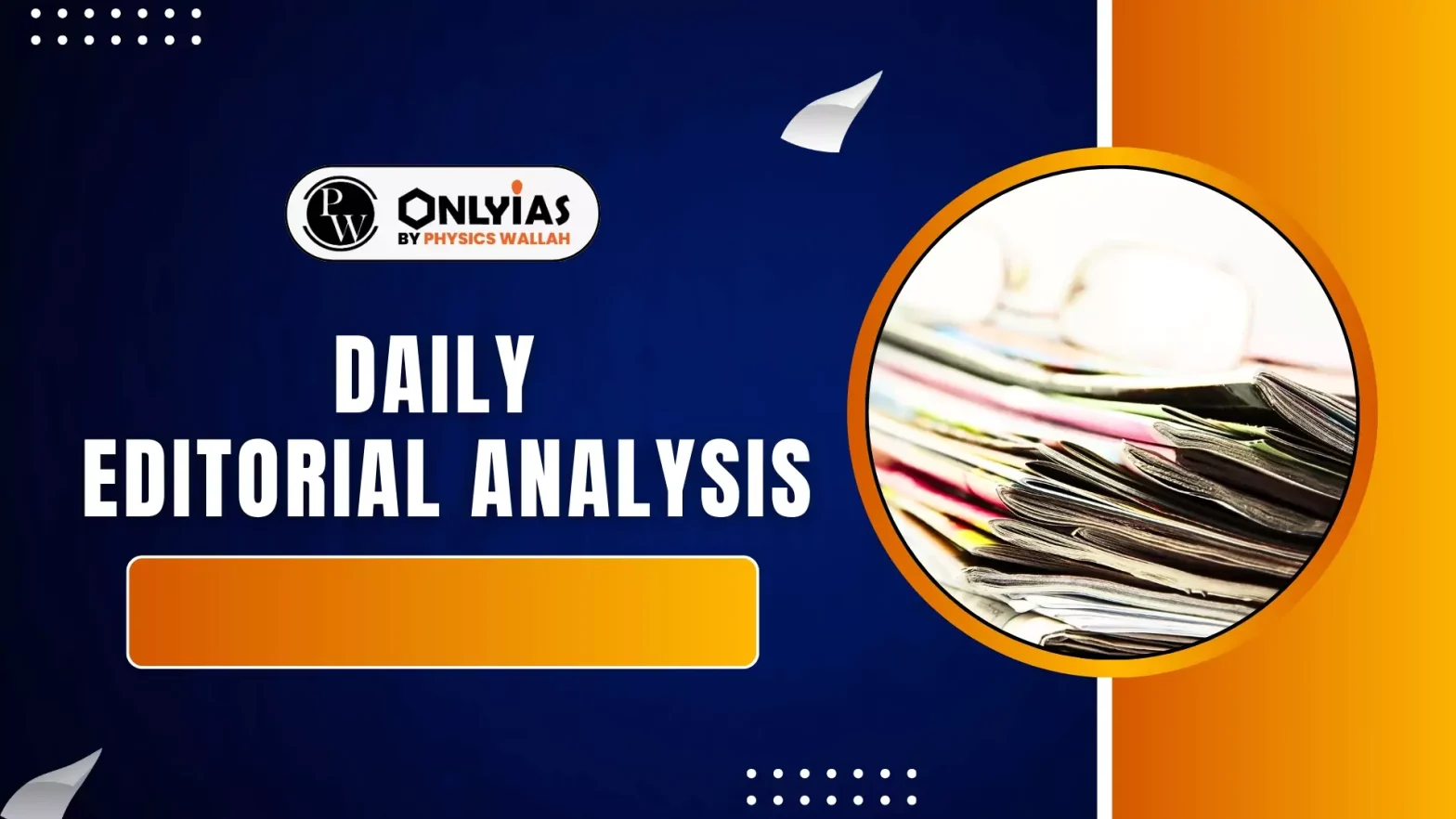The Bharat Pashudhan platform, powered by the National Digital Livestock Mission (NDLM), is building a data-driven infrastructure for animal husbandry.
Need For Digitisation
- World’s Largest Livestock Population: India has 535 million livestock, of which 330 million are cattle and buffaloes, contributing 30% of agricultural GDP.
- Structural Weaknesses: The sector faced informality, weak disease monitoring, lack of traceability for exports, and absence of records to make animals bankable assets.
About National Digital Livestock Mission (NDLM)
- Bharat Pashudhan Platform: NDLM creates a digital infrastructure for livestock similar to how UPI transformed digital payments, by bringing organisation, standardisation, and real-time data visibility to the livestock ecosystem.
- Pashu Aadhaar as a unique digital identity: Each animal receives a 12-digit digital ID capturing its lifecycle, vaccination, breeding, and productivity. Over 9.38 crore animal owners are already registered.
Advantages of NDLM
- Formalisation of Farmers: Covers sheep and goat farmers, integrating them into the formal economy for credit, insurance, and government schemes.
- Financial Security: Goats and sheep serve as emergency financial assets, especially in drought-prone areas.
- Disease Prediction & Management: Artificial Intelligence (AI) and Machine Learning (ML) use real-time animal health data to forecast disease outbreaks, enabling early detection and preventive action.
- One Health Integration: National Digital Livestock Mission (NDLM) links animal health, human health, and environmental health to prevent zoonotic diseases.
- Export Boost: Digital tracking from birth to sale ensures transparency, meeting global traceability standards and opening premium export markets.
- Certification & Higher Pricing: Disease-free and digitally authenticated products (e.g., pure cow ghee, Pashmina) gain export clearances and premium prices.
- Livestock as Financial Asset: Digital identities (IDs) and health/productivity records make livestock bankable for loans.
- Fair Transactions: Digital histories prevent undervaluation, ensuring farmers receive fair prices.
- Efficient Service Delivery: Mobile application access for government schemes, vaccination tracking, and veterinary services.
Challenges of NDLM
- Institutional Challenge: The system requires regular updating of vaccination records, breeding data, and productivity metrics, and para-veterinarians (paravets) need continuous training to prevent the platform from becoming a static database.
- Intellectual and Data Governance Challenge: India needs skilled data analysts to extract insights from the large livestock database for evidence-based policymaking, disease forecasting, and region-specific breeding strategies.
Conclusion
The Bharat Pashudhan platform, via NDLM, digitises livestock through Pashu Aadhaar, enabling disease control, export traceability, financial inclusion, and farmer formalisation, paving the way for a second White Revolution and a stronger rural economy.
![]() 12 Nov 2025
12 Nov 2025

